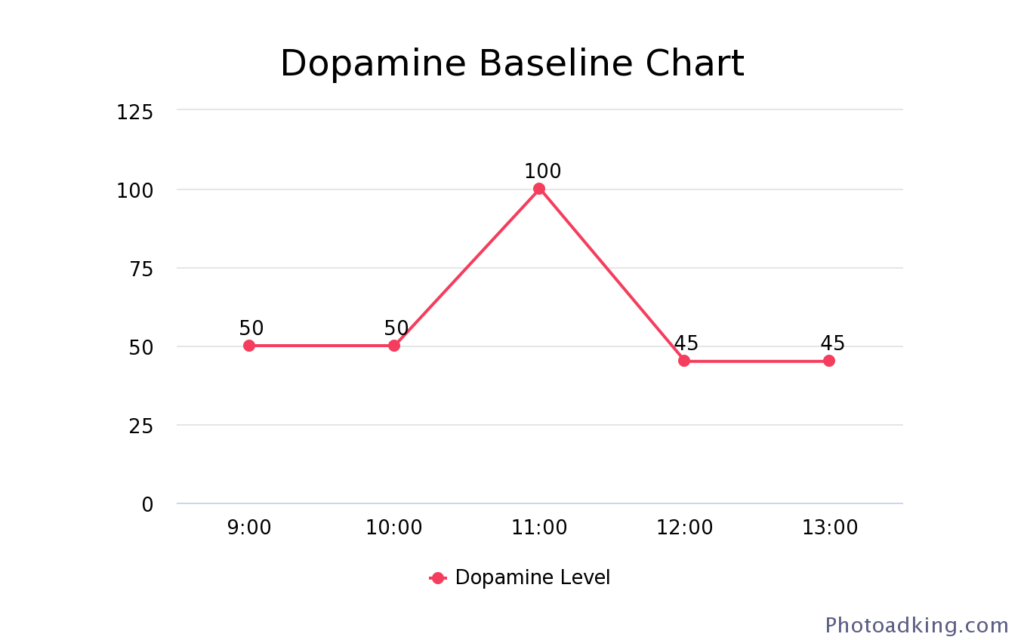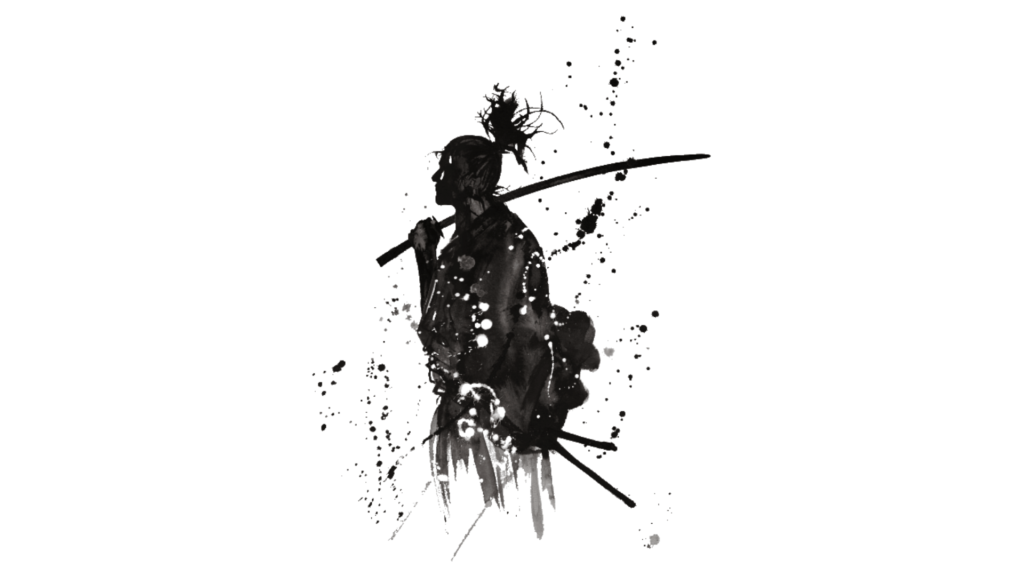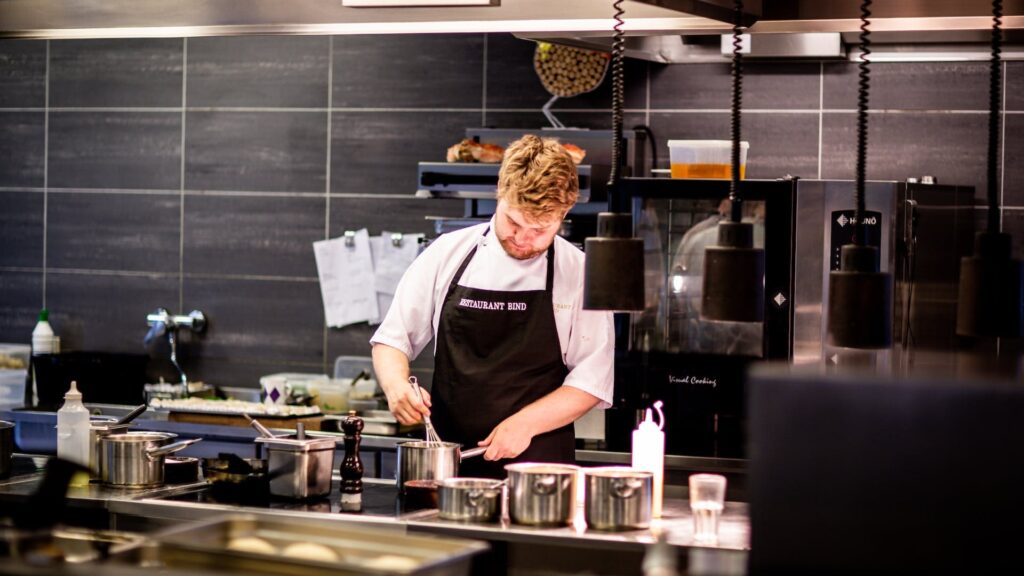I recently turned 27. Here are the best lessons I learned during the time I was 26.
1. Just Because Something Is Difficult To Get Doesn’t Mean Its Valuable
The idea here is that we should be clear on what is valuable to us. What’s valuable are things that bring fulfillment and meaning to us and help us live according to our values. This will of course vary between people.
Many things that are valuable or often difficult to get and requires a lot of hard work (for example learning a new skill like a instrument or language, progressing in a job career or getting famous). But just because something is difficult to get doesn’t mean it’s valuable. Don’t let the difficulty of something determine its value
So don’t let non-valuable but difficult things become part of our desirers. Otherwise there is the risk that we might chase the wrong things and ones we obtain it we find out the hard way that it was not what we had hoped for. It’s worth to think twice before wanting things other people want or have.
Not wanting something is just as good as having it. This is only true if you are fully honest with yourself.
2. You Are Having A Biological Experience
This idea is about the fact that our behaviors, emotions, and desires all comes from evolution. Evolution has 3 main goals for us: stay alive, reproduce, and become the top species on Earth.
Example of behaviors and emotions for reproduction:
- Evolution has wired us to feel a strong attachment and affection for our children. We take care and raise our kids to ensure they have the best chance of survival. Wanting to protect our kids from dangers are also result of evolution.
- Evolution has given us an inbuilt reward system for raising kids. That means we will feel happy and fulfilled if we raise our kids well.
- Feeling attraction towards the opposite sex and sexual desires.
Example of behaviors and emotions for survival:
- Feelings such as fear, pain, curiosity and hunger. These all help us survive and were given to us by evolution.
- As social animals, we need others around us. Evolution has equipped us with behaviors such as being friendly with each other, wanting to belong to a group, and worrying about what others think of us. We also have the desire to contribute and help each other. When we do these things, we’re rewarded with positive emotions, making us want to do them again.
Example of behaviors and emotions to become the top species on Earth:
- Adaptability: Our ability to adapt to new situations and learn from experiences is what has made us the top species.
- Competitiveness: We are naturally competitive beings, driven by a desire to outperform others.
- Ambition: This is why we have desires to learn new things, become better and have goals in life.
What Happens if We Don’t Follow Our Biology?
If we don’t have children, take on challenges or work to improve ourselves, the result will be suffering. The way we suffer is that our body will send us negative emotions such as depression, sadness and feeling lonely. This is just the body’s way of telling us that we need to change.
Depression and feeling bad about ourselves happens when the gap between who we are and the person we could be becomes too big.
So How Can This Help Us?
Understanding this will make us more self-aware of our own behavior and also help us understand why others behave the way they do. It’s important to understand that our minds and bodies function in certain predictable ways. Our thoughts, feelings, and actions are all related to evolution. This understanding can guide us in making better choices and avoiding mistakes. Even though the world has changed, our minds and bodies continue to function similarly to how it did in the past. Not understanding this can make us suffer more then necessary during bad times and result in bad outcomes.
3. Be Grateful For Today
If you’re still young, remember that you’re currently experiencing some of your prime physical years. Prioritize your health and well-being to prolong your physical health. A good quote to remind yourself to be present and enjoy today: “I know I am living the moments of my life I will someday miss.”
4. Think of Second-Order Consequences
Second-order consequences refer to the indirect outcomes that follow an action. These outcomes emerge as a chain reaction from the initial action which can have big effects in the future. These consequences may not be obvious if not reflected on. For example, buying a $1000 TV:
- First-order: You lose $1000.
- Second-order: Feeling the need to use the TV a lot to validate the purchase. This results in you spending hundreds of hours watching TV and wasting your time and likely missing out on other valuable activities.
5. Identify Root Cause And Prevent Negative States
When you’re feeling down or in a really negative state, take a moment to think about why it happened. Really go back in time a reflect on the causes. You’ll keep making the same mistakes until you learn from them. A mistake not reflected on is sure to happen again.
6. Understanding Our Dopamine Baseline Level
Our dopamine baseline level can be seen as our feeling of well being. When we do fun and pleasurable things our dopamine level goes up and when we do difficult and painful things our dopamine level goes down. But the way it works is that the dopamine level always goes back in the direction it came from, but it doesn’t go to the same place but goes further.
For example we start of the day at dopamine level 50, we then play video games which moves it up to 100, what happens then is that it moves down to 45 and we will feel worse the we did before. And it’s the other way if we do difficult and challenging things. In reality it doesn’t work this fast but you get the idea. It can take months to really feel a difference. This how our dopamine baseline level works.

Defining pleasure: this are things that are fun, comfortable, easy and we know does not really result in anything. Such as video games, watching videos and eating unhealthy things.
Defining pain: This involves experiences that are uncomfortable, challenging and results in productive outcomes. These are the things we know are good for us but requires effort and discipline. For example: studying, pursuing our goals, exercise and physically pushing ourselves. This could also be starting a new good habit that is really difficult stay consistent with.
There is a balance between pain and pleasure. If we do something painful we will fell great and proud of ourselves afterwards. If we do something pleasurable we will instead feel worse afterward.
So if you are feeling depressed, low energy and no motivation to do anything the reason is likely because you have done to many pleasurable things. But this can of course be reversed. The road to happiness and feeling well is doing difficult things, challenge yourself, be uncomfortable and delay gratification.
Doing something pleasurable is the same as trading your future happiness and well being for a bit of fun now. Its especially bad when its done repeatedly and uncontrolled.
Things To Do
- Analyze yourself and see what the ratio between pleasurable things and painful things you are doing.
- Make pleasurable things into a reward that needs to be earned.
- Identify you weaknesses and work on them.
7. Look Forward to Every Day
Instead of trying to find a good work life balance, aim to create a life and set up routines in your life where you look forward to every single day. It’s probably unrealistic to look forward to every single day the same, but you should at least not dread any days.
For example the standard 5-9 worker looks forward to the weekend and during the weekend dreads the Monday. What happens is that they don’t even enjoy the thing they looked forward during the week.
The end goal here is to set up a life that you can’t wait to get out of bed for.
Advice on How To Make It More Enjoyable To Go to Work or the Office
A coworker told me that she sees work as her second home. This gave me the idea on how we could make it more enjoyable to come to work. Since most people enjoy being at home, just by thinking of work as your second home in your mind can make going to the office more enjoyable. Also create activities that you look forward to for example eating out, socializing, gym.
Another way to make you want to go to the office more is to make the days at home more boring, challenging and difficult. If you study and work super hard on for example side projects at home then going to the office can feel like taking a break.
8. Region Beta Paradox
The idea is that being in a situation that is just okay and comfortable can sometimes be worse than being in a bad situation you hate. This is because being in a bad situation forces you to make changes and take action, while a situation that’s just okay might keep you from making any changes or improvements.
Let’s take relationships as an example: If you’re in a bad relationship, you will end it and find something better. But if you’re in a relationship that’s just okay, you might not feel the need to make changes, and you could end up staying even tough it doesn’t make sense.
So a worse situation can sometime be good because it forces you to take action. Some people aren’t happy with their lives and know they can achieve more, yet they take no action to change it because they don’t feel the need to do it. This is how you get comfortable and just drift thought life and then you look back with regret. The most common areas this happens are our job, relationships and habits.
9. Fun and Pleasure vs Happiness and Fulfillment
Pleasure and fun comes from outside, for example shopping, travel and consumption. Happiness and fulfillment comes from inside. Happiness comes from 3 things, making progress, sharing and contributing. Progress could for example be improving your financial situation, your relationships and moving closer towards your goals. Sharing could for example are sharing what you have or what you have learned. Contributing can be seen as combination between making progress and sharing. Such as volunteering and helping others.
Many people make the mistake of hoping to feel happiness and fulfillment by doing lots of external things like shopping and traveling. But this happiness usually only lasts a little while. Trying to fix an internal problem with an external solution does not work.
10. Find a Measure of Progress
Progress equals happiness. But in order to get progress you first need something that can measured and tracked.
One way to find a measure of progress is to start something, it can be a hobby, a side project or a side business.
I think there are two reasons why its important to have at least one hobby.
First reason is that if we are being fully honest then almost nobody likes their job and work for someone else. All the time you do what people tell you to do or what they expect you to do. But when you are pursuing your hobby. You are doing it for yourself because you like to do it, not because somebody else expects it from you. And for that part of your life, you are in control, giving you a sense that you are in control of your life. This gives us a sense of fulfillment.
The second reason is that having a hobby give you a metric to measure your progress in life. There is also an element of uncertainty to it since you don’t know what opportunities it can open up. I think some kind of unpredictability in life is important.
Some people don’t have a metric of progress so it defaults to money and income. If you have a 9-5 job, how much you’ll earn is already pretty much decided. You can somewhat plan out your whole life because you know how much money you’ll earn in total. This could be a good exercise to do to see if you like this future.
11. Prioritize Energy
Energy is the most important thing for living well and succeeding in life. It’s almost impossible to accomplish anything if you don’t have energy. Your perspective on situations changes depending on whether you have low or high energy. When your energy is low, things might seem impossible to achieve. The higher your energy, the better you mind and body works.
Basic behavior that give energy: get enough sleep, be healthy meaning don’t be overweight or underweight, eat well basically take care of you health.
Other things that increase energy: Spend your time in a way you are proud of, do things that move you forward in life, get a sense of control over you life by doing things that you like and are important to you.
Changing into a high energy state is a skill that can be learned. Ask yourself how a person with how energy would feel and what they would do and then copy that.
What you do is important but what’s even more important is what you don’t do. So analyze yourself and then identify behavior that takes away energy / put you in a low energy state from you and then stop doing them. What are some beliefs you have that does not serve you and put you in a low energy state?
People with good energy are also more respected and trusted by others.
12. Wealth Is a Ratio Not a Fixed Number
Many people have a set amount of money as their financial goal but wealth should instead be viewed as ratio between our income and expenses. This becomes more relevant for each person, as the cost of living varies greatly in different parts of the world. The way to calculate is:
INCOME / EXPENSES = RATIO
Use monthly income and expenses for a good average. So to increase this ratio you can either increase your income or reduce you expenses.
For example if your monthly income is 10k and your expenses are 2k then your ratio is 5. Then for every 1 month you work you get 4 months of free time.







